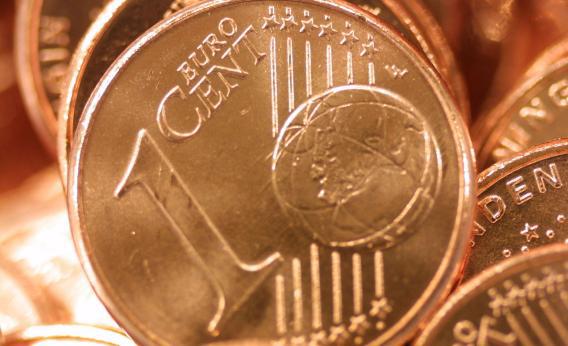Companies are broken up when managers think the whole is worth less than the sum of the parts. Smaller enterprises are more flexible, they say, than incompatible organisations artificially joined into a single, excessively bureaucratic entity. Investors often agree and share prices commonly rise on rumours of a split. The euro is clearly different. The fear of a break-up is making the single currency fall.
The market’s vote in favour of the euro is usually portrayed as its equivalent inverse - a vote against the woes which would accompany a retrograde transition to national currencies. Yes, the euro has dropped from $1.32 to $1.25 since the beginning of May because a messy Greek exit would cause all sorts of grief, even for the stronger members. A recession would be unavoidable, just as after the bankruptcy of Lehman Brothers in 2008. Yet while that dire forecast may be justified, it is itself a tribute to the benefits of cross-border integration within the euro zone. The financial ties have are so tight that breaking them would cause a great deal of trouble.
The market’s judgment would probably be the same even if traders believed that a euro split could be managed without much additional financial stress. A currency demerger would reverse significant economies of scale. With floating exchange rates, companies will be more national and less European, cross-border capital flows will become even more capricious and Europe will look pathetic in international negotiations.
National currencies would indeed be more flexible and less bureaucratic than the euro. In practice, that means national governments would be more likely to use inflation and devaluation to avoid tackling structural economic challenges. The loss of a global currency would also be the loss of potential future gains from hosting a global reserve currency. The euro might someday replace the dollar; the deutschmark never will.
It might have been better not to have started with the single currency without more political and financial unity in Europe. But almost 14 years into the experiment, a break-up would be value-destructive. The falling price of the euro shows the market has got this one right.
Read more at Reuters Breakingviews.
